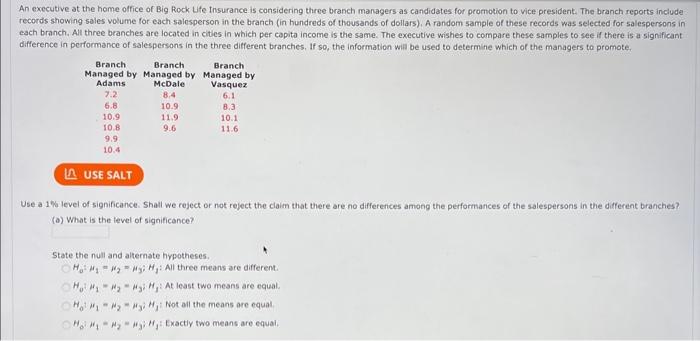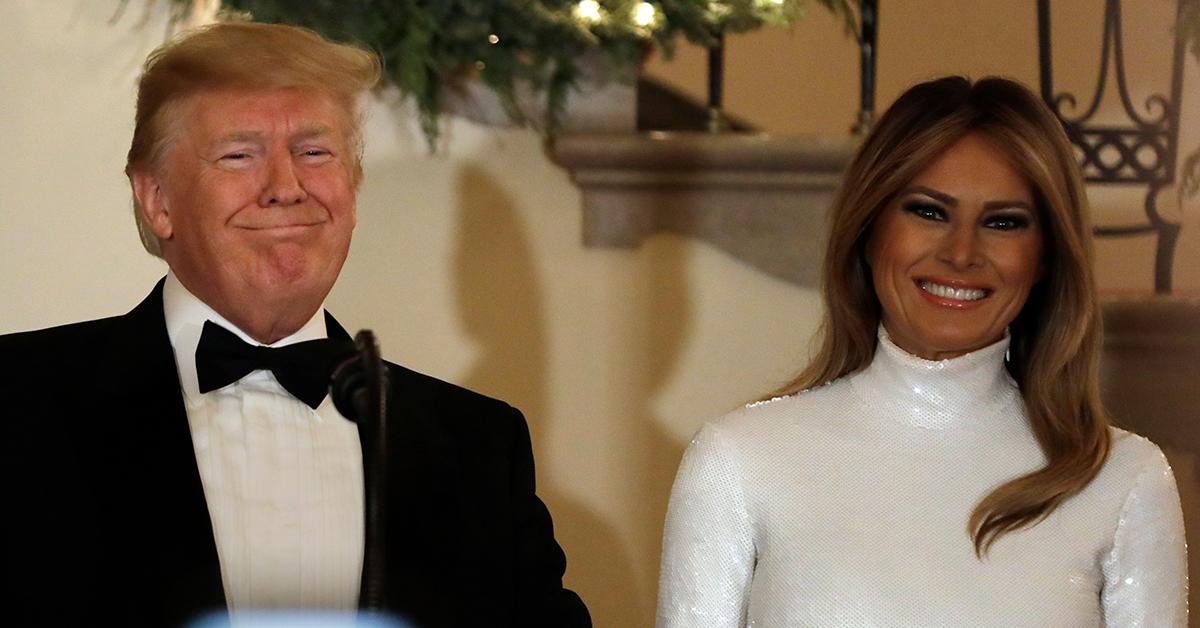BOE Rate Cut Probabilities Lowered: Pound Sterling Gains Momentum

Table of Contents
Factors Contributing to Reduced BOE Rate Cut Probabilities
Several key factors have converged to diminish the likelihood of a near-term BOE rate cut, bolstering the Pound Sterling.
Improved Economic Data
Recent economic indicators paint a more optimistic picture of the UK's economic health than previously anticipated. This improved outlook reduces the perceived need for the BOE to stimulate the economy through further interest rate reductions.
- Stronger-than-expected GDP growth: Recent GDP figures have surpassed analyst predictions, signaling a resilient UK economy.
- Reduced unemployment claims: The number of individuals claiming unemployment benefits has fallen, pointing to a robust labor market.
- Positive consumer spending data: Consumer spending remains relatively strong, indicating continued confidence in the economy.
This positive data set suggests that the UK economy is showing signs of strength, lessening the pressure on the BOE to implement further stimulative monetary policy measures, like a BOE rate cut.
Inflationary Pressures Easing (But Still Present)
While inflation remains stubbornly above the BOE's target, there are signs that inflationary pressures are starting to ease. This moderation, though gradual, reduces the urgency for immediate rate cuts designed to combat inflation.
- Falling energy prices: A decline in global energy prices is contributing to lower inflation in the UK.
- Easing supply chain constraints: Supply chain bottlenecks, a major contributor to inflation, are gradually resolving.
- Government measures to control inflation: Government initiatives aimed at mitigating inflationary pressures are also playing a role.
Although inflation remains a concern, the signs of easing pressure reduce the immediate need for a drastic measure like a BOE rate cut.
Shifting Market Expectations
Market analysts and investors have responded to the improved economic data by revising their forecasts. This shift in market sentiment reflects increased confidence in the UK economy and has directly contributed to the Pound's strength.
- Increased confidence in the UK economy: A more positive economic outlook is fueling investor confidence.
- Reduced demand for safe-haven assets: As confidence rises, investors are less inclined to seek refuge in safe-haven assets, reducing downward pressure on the GBP.
- Upward revision of GBP forecasts: Many forecasters have increased their predictions for the Pound Sterling's value.
Impact of Lower BOE Rate Cut Probabilities on Pound Sterling
The decreased probability of a BOE rate cut has had a noticeable and positive impact on the Pound Sterling.
GBP Strength Against Major Currencies
The reduced likelihood of a rate cut has boosted investor confidence in the GBP, leading to increased demand and a subsequent appreciation against major currencies.
- GBP/USD exchange rate increase: The Pound has strengthened against the US dollar.
- GBP/EUR exchange rate increase: Similarly, the Pound has gained ground against the Euro.
- Improved competitiveness for UK exporters: A stronger Pound can make UK exports less competitive in the short term.
Implications for Businesses and Investors
The shift in the Pound's value has significant implications for businesses and investors operating in the UK and internationally.
- Impact on import prices: A stronger Pound makes imports cheaper for UK businesses and consumers.
- Impact on export competitiveness: Conversely, it can make UK exports more expensive for international buyers.
- Implications for investment strategies: Investors need to reassess their portfolios to account for the changing currency dynamics.
Potential for Future Volatility
While the current trend is positive, it's crucial to remember that economic forecasts are inherently uncertain. Several factors could cause future volatility.
- Geopolitical risks: Global political instability can impact market sentiment and currency values.
- Potential future inflation spikes: Unforeseen events could reignite inflationary pressures.
- Unexpected economic downturns: The economic outlook remains subject to change.
Conclusion
The reduced probability of a BOE rate cut has provided a boost to the Pound Sterling, driven by positive economic data and a more optimistic market sentiment. While this presents opportunities, investors and businesses should remain vigilant, recognizing the inherent uncertainties in economic forecasting. Monitoring the BOE's future announcements on monetary policy and staying informed about key economic indicators is crucial for navigating the dynamic landscape of GBP exchange rates and the ever-changing probabilities of future BOE rate cuts. Stay informed on the latest developments regarding BOE rate cut probabilities and Pound Sterling fluctuations to make well-informed decisions.

Featured Posts
-
 Curran Predicts A Strong Fightback From Bangladesh In Zimbabwes Second Test
May 23, 2025
Curran Predicts A Strong Fightback From Bangladesh In Zimbabwes Second Test
May 23, 2025 -
 Councils Reduced Response To Mps Send Cases
May 23, 2025
Councils Reduced Response To Mps Send Cases
May 23, 2025 -
 Analyzing The Big 100 With Big Rig Rock Report 3 12
May 23, 2025
Analyzing The Big 100 With Big Rig Rock Report 3 12
May 23, 2025 -
 Paid Access And Anonymity At Trumps Memecoin Dinner
May 23, 2025
Paid Access And Anonymity At Trumps Memecoin Dinner
May 23, 2025 -
 Julianne Moores Siren First Trailer Breakdown Dark Comedy Series
May 23, 2025
Julianne Moores Siren First Trailer Breakdown Dark Comedy Series
May 23, 2025
